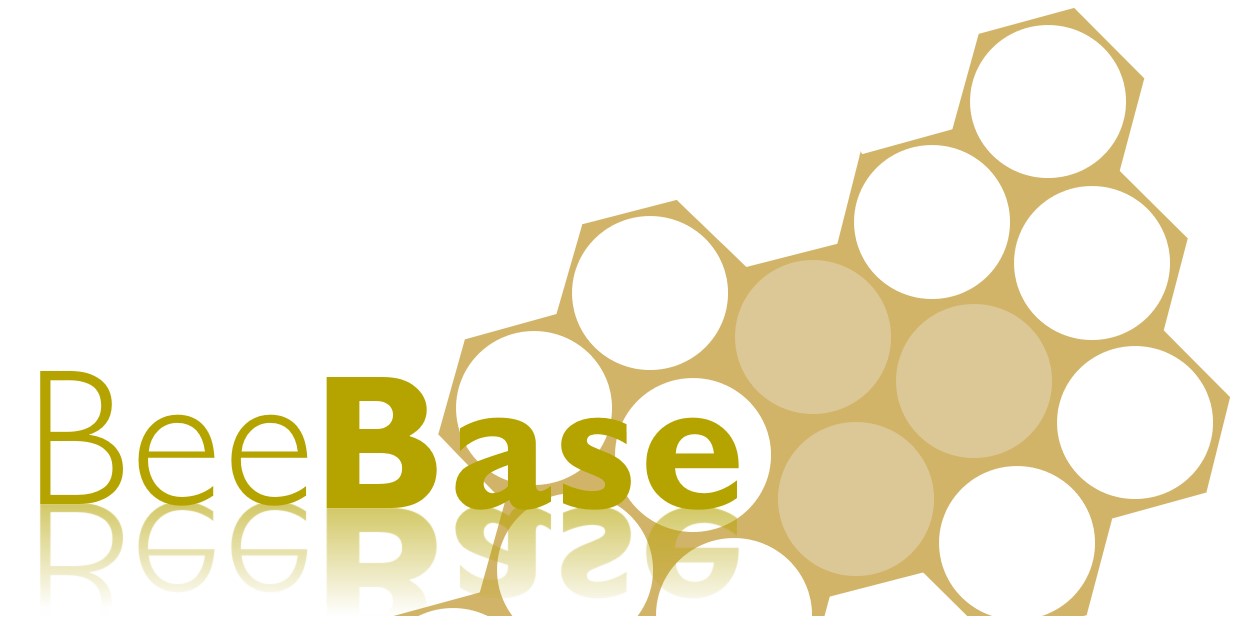The NBU works with beekeepers across England and Wales to gather a variety of information about the issues affecting apiary health in the UK. Each year, the NBU sends out the annual husbandry survey to a selection of beekeepers registered on BeeBase. Replies are anonymous and participation is voluntary. The survey seeks to understand different aspects of bee husbandry, bee health and beekeeper training.
The results of these surveys provide an insight into beekeeping practices and helps us to understand the current health of our honey bee population.
Key points from surveys
One of the key indicators of overall national bee health is overwinter colony loss, this metric for measuring honey bee losses is used across Europe by the COLOSS (Prevention of honey bee colony losses) monitoring group. Using a single metric to measure losses (overwintering colony loss) allows comparison of results between countries and between years.
Colony loss levels as indicated by the NBU survey
With good management, normal colony losses are expected to be in the region of 10%. The bar chart below shows the percentage of colonies lost over winter, as reported in the NBU survey of beekeepers in England and Wales for the past decade. As this is a survey, the results are indicative and not an absolute measure, but provide some insight into year-by-year colony loss dynamics.

In some previous surveys (2015 to 2019), beekeepers were asked which problems they observed in their colonies. The most common problems observed were predation of colonies by wasps, deformed wing virus, varroosis/parasitic mite syndrome and failing queens.

Predation of colonies by wasps is a serious problem, with almost a third of beekeepers reporting wasp problems in 2018/19. If you have experienced problems with wasps, please read our fact sheet on wasps, which has some tips on helping to reduce their impact on the apiary.
Deformed wing virus and varroosis/parasitic mite syndrome both have the same root cause; the parasitic mite, Varroa destructor. Varroa is a pest that requires continuous management in honey bee colonies, but there are a number of techniques and products for its control. For a comprehensive overview of how to monitor and manage Varroa mites, please read our advisory leaflet on managing Varroa.
Failing queens are a problem reportedly suffered by beekeepers across the UK, Europe and USA. It is difficult to overcome queen problems, as the causes are multi-factorial and poorly understood. If rearing your own queens by grafting, ensure you choose very young larvae of no more than one day old as queens from larvae that are grafted older than 24 hours old have a lower body size and weight than those from younger grafted larvae, probably because the older larvae have eaten an insufficient quantity of royal jelly, resulting in sub-optimal queens. When re-queening with purchased queens, carefully follow all instructions provided by the supplier to give the new queen the best chance of success.
Reports from recent NBU surveys
2023 husbandry survey
In total, 1517 beekeepers provided answers to the survey, giving a return rate of 22%, and 1452 beekeepers provided information on their colony numbers from the period of 1st April 2022 to 1st April 2023. During the winter of 2022/2023, respondents reported an overwinter colony loss of 20.9%.
A full report of the survey results from 2022/23 can be downloaded here.
2022 husbandry survey
In total, 1644 beekeepers provided answers to the survey, giving a return rate of 25% and1643 beekeepers provided information on their colony numbers from the period of 1st April 2021 to 1st April 2022. During the winter of 2021/2022, beekeepers reported over winter losses of 13%.
A full report of the survey results from 2021/22 can be downloaded here.
2021 husbandry survey
No survey was performed in 2021 due to the impact of the Covid 19 pandemic.
